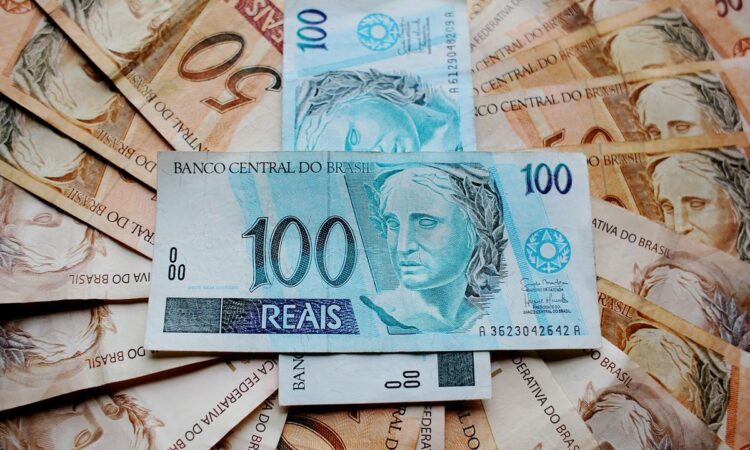
Brazilian lawmakers are working on laws to increase taxes on cryptocurrencies held overseas. Local media report that amendments have been made to a bill treating cryptocurrencies as “financial assets” for foreign investment tax purposes.
What’s more, the soon-to-be-law taxes gains from crypto price volatility and fluctuations against Brazil’s fiat currency and fluctuations of foreign exchange rates. According to a report by Cointelegraph, the changes aim to promote equal tax treatment. At the moment, crypto investments abroad come with lower tax rates.
Brazil’s new proposed legislation puts crypto assets held by Brazilians overseas on par with traditional assets where tax rules are concerned. Similarly, the US has introduced crypto tax measures.
Up to 22.5% tax
Assets of up to 6,000 Brazilian reais (~$1,200) held abroad will not be taxed under the new rules. Assets of up to the equivalent of $10,000 will be subject to a 15% tax rate. The rate goes up to 22.5% for funds above this threshold.
According to the proposed law, only foreign crypto exchanges without offices in Brazil will be affected. Some investors might find local exchanges a more reasonable option if the bill passes into law, especially investors whose profits are above the highest tax bracket. The law could attract foreign entities to open branches in Brazil and bolster crypto exchange activity on the national level.
World-known crypto exchanges such as Coinbase, Binance, and Crypto.com operate in the country. Local players include Foxbit and Mercado Bitcoin.
The vote on the bill will take place on August 28. If it passes into law, the new taxation will take effect in January next year.
There has been a rapid development of crypto-related activities in the South American country over the past few months. The central bank of Brazil recently announced a rebrand of its central bank digital currency (CBDC). The institution plans to launch a tokenization system with the purpose of giving businesses more access to capital.






